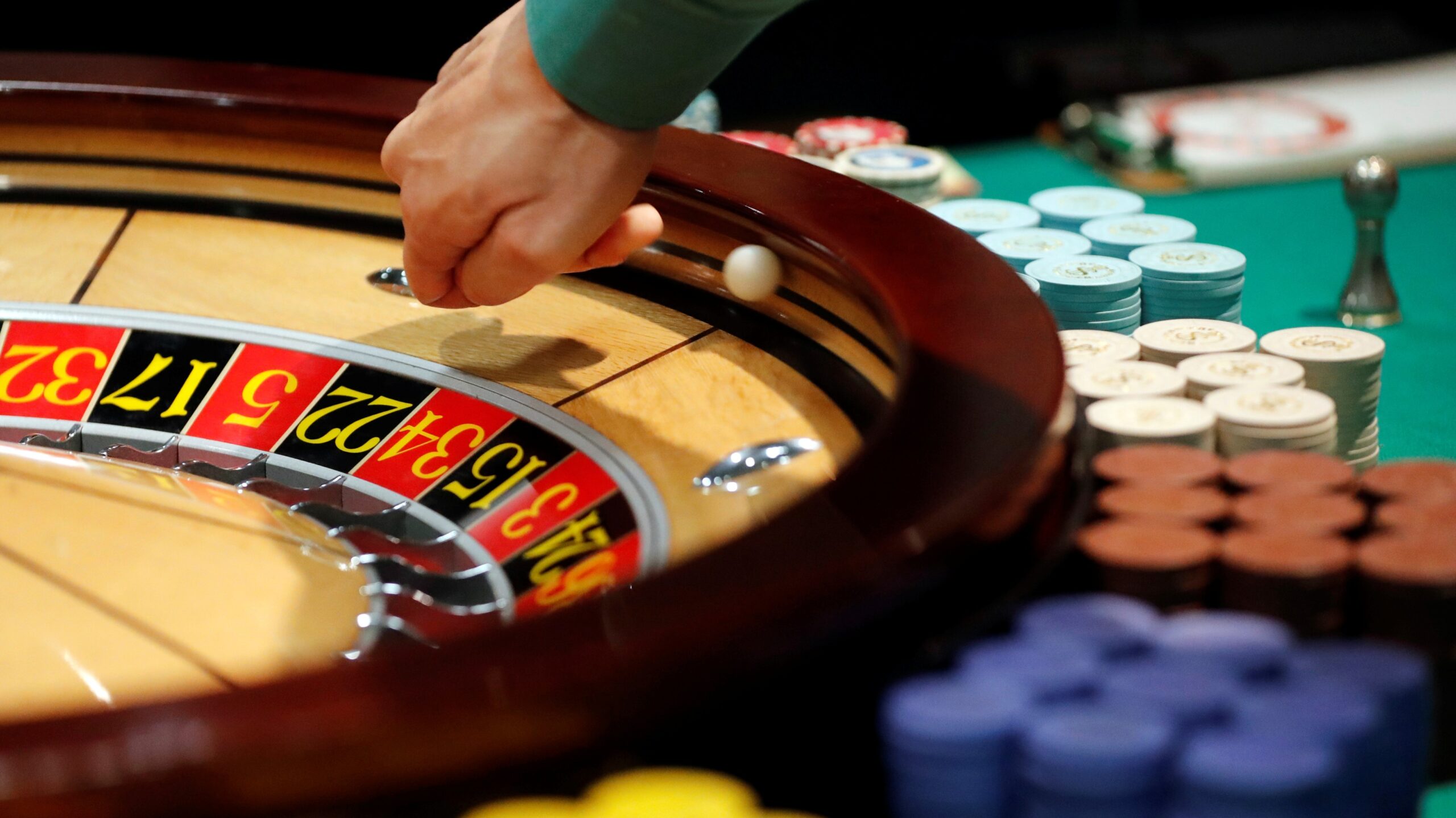From Ancient Rome to Modern Vegas, the history of casino culture is a captivating journey. Spanning millennia and continents, it has seen both ups and downs as various cultures have experienced its allure.
From the earliest gambling establishments in Europe to today’s flashy Las Vegas casinos, we trace the fascinating evolution of this beloved pastime. Starting with an exploration of ancient Roman gaming houses and their influence on modern-day casinos, our story takes us through centuries of development until we reach the dazzling world of contemporary gaming hubs.
Along the way we’ll discover how different societies have embraced or rejected casinos throughout history while uncovering some surprising insights into this ever-changing form of entertainment. Join us now for a whirlwind tour across time and space as we explore the incredible evolution that has brought us from Ancient Rome to www.jackpotjill.info.
Origins of Casino Culture in Ancient Rome

The origins of casino culture in Ancient Rome can be traced back to the days when it was a flourishing and powerful empire. The Romans were passionate about gambling, taking part in games for stakes such as dice or knuckle bones.
Gambling houses known as luminaria dotted the Roman landscape, where citizens could gamble on any number of activities including board games like latrunculin and tabula, as well as primitive versions of backgammon.
Wealthy aristocrats would often host elaborate shows at their homes with some extravagant bets being placed between guests. Gambling wasn’t just confined to private residences either; public arenas also provided venues for wagering on events such as chariot races or gladiatorial fights.
Historians have argued that gambling became so popular during this period that emperors issued laws against it in an attempt to curb excessive spending by citizens. Casino culture has its roots firmly planted in Ancient Rome – a time when gaming was both celebrated and frowned upon depending on who you asked!
Early Gambling Establishments in Europe and the United States

Gambling has been around since ancient times and early gambling establishments in Europe and the United States were no exception. Some of the earliest records of casinos are found in Rome, where citizens bet on a wide range of games from dice to chariot races. Gambling was highly popular during the Renaissance period as well with casinos popping up across Europe at this time.
The world’s first public casino opened its doors in 1638, located in Venice, Italy which offered card and table games to patrons at all hours. In 1737, one of America’s most iconic gambling destinations opened up shop: The Ridotto Casino located in Venice Beach, California. During this era, many states had laws prohibiting gambling but private clubs such as the Ridotto allowed gamblers to enjoy their favorite pastime without consequence or judgment from society.
In 1845 New Orleans became home to another famous establishment dubbed ‘The Palais Royal Casino’- a multi-story building that housed not only gaming facilities but also a theatre, ballroom, and even an opera house!
This venue quickly gained notoriety amongst Americans due to its vibrant atmosphere and wide selection of games including Poker and Roulette – two classic staples still found today throughout numerous casinos worldwide.
The Rise of Las Vegas: Establishing the Modern Casino City

The city of Las Vegas has a long and fascinating history as the world’s premier destination for casino culture. From its humble beginnings as an oasis in the Nevada desert to its current status as a global gambling hub, the rise of Las Vegas is truly remarkable.
In 1931, when Nevada legalized gambling, it was already well-known that this small patch of land would become something special. Entrepreneurs from all over America flocked to Las Vegas in droves to take advantage of the new law and establish their casinos.
This influx of investment quickly transformed the barren landscape into an ambitious metropolis with world-class hotels and extravagant resorts. Las Vegas became ground zero for modern casino culture with innovative games like blackjack, poker, and craps being introduced in some of the most iconic venues ever built; places like Caesars Palace or The Bellagio have become synonymous with luxurious gaming experiences around the globe.
As technology advanced so did gaming options in Las Vegas; by 2000 visitors could enjoy state-of-the-art slot machines at every turn while more traditional table games continued to remain popular among gamblers everywhere.
It’s easy to see why people were drawn to this unique city – there’s plenty on offer for everyone! Whether you’re looking for high-stakes thrills or simply want a relaxing getaway with family and friends, there’s something for everyone here in Sin City!
The Cultural Impact of Casinos on Society Today’s

The cultural impact of casinos on society today cannot be overstated. From providing jobs and boosting local economies to creating a vibrant nightlife for locals and tourists alike, the presence of these gaming establishments has been felt across many different cities around the world.
In Las Vegas, in particular, casino culture is deeply ingrained within its identity; iconic hotels such as The Bellagio or Caesars Palace have become synonymous with luxurious gambling experiences while visitors can also take part in shows, concerts, and other entertainment offerings that make this city so special.
Furthermore, casinos are now available online too which means anyone can join in on the fun from anywhere they are located! This shift towards virtual experiences has opened up countless opportunities for players as well as businesses operating within this sector – making it easier than ever before to access games no matter what your location may be.
With new technologies being developed all the time, it’s clear that casino culture will continue to evolve alongside them – offering more exciting possibilities for those who want to experience a unique form of entertainment at their fingertips!
